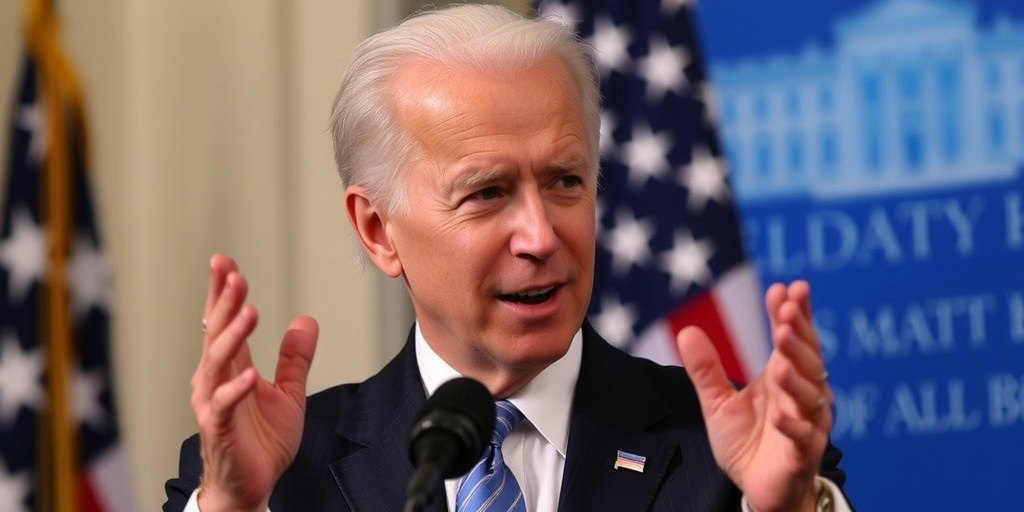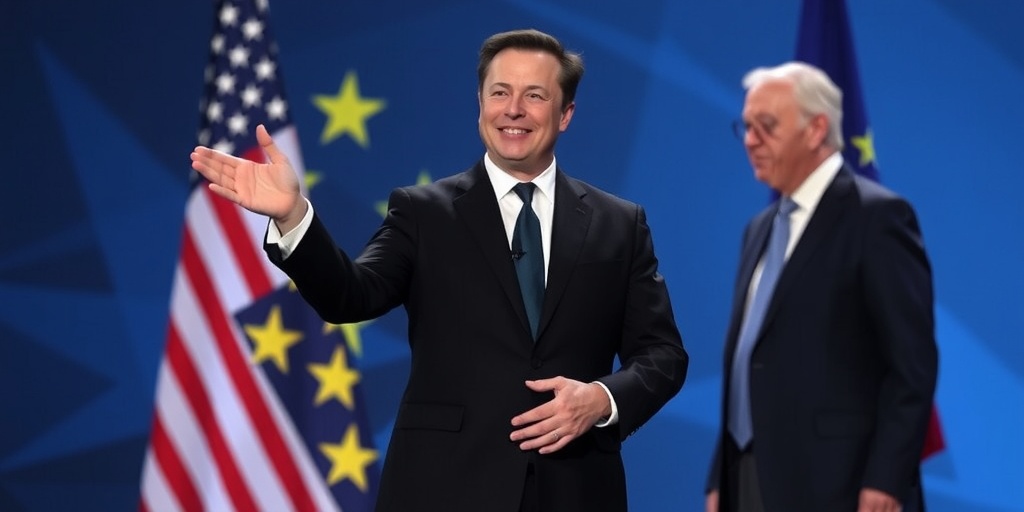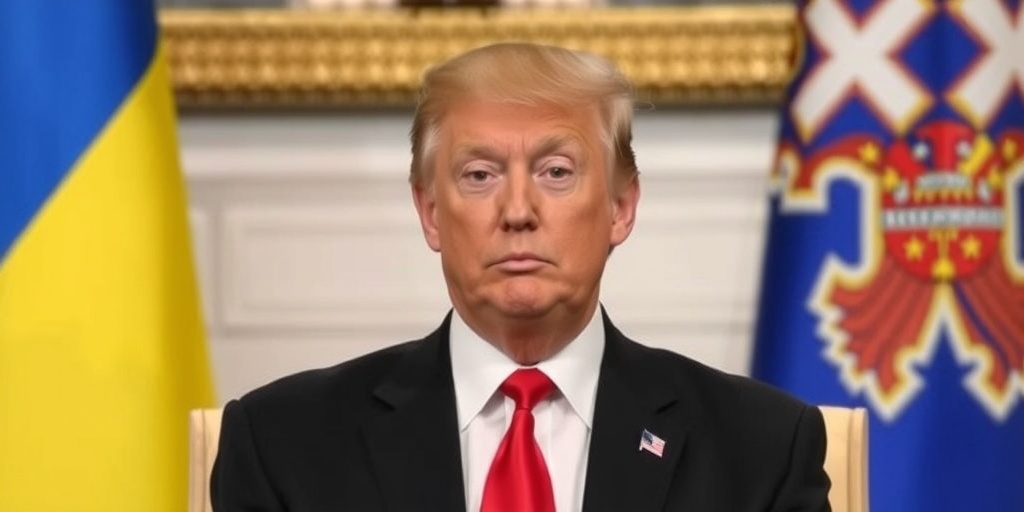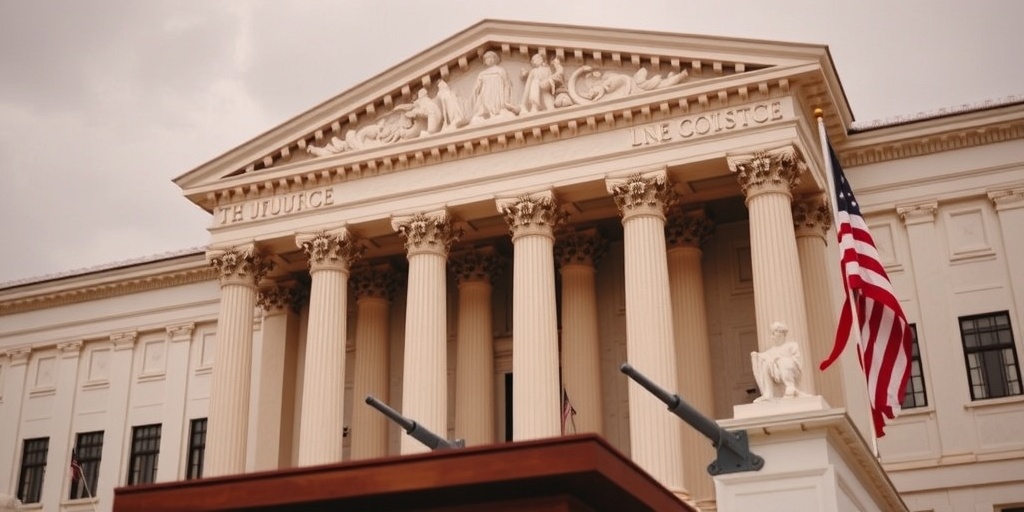Now Reading: Judge Claims Trump Administration Likely Violated Court Order
-
01
Judge Claims Trump Administration Likely Violated Court Order
Judge Claims Trump Administration Likely Violated Court Order
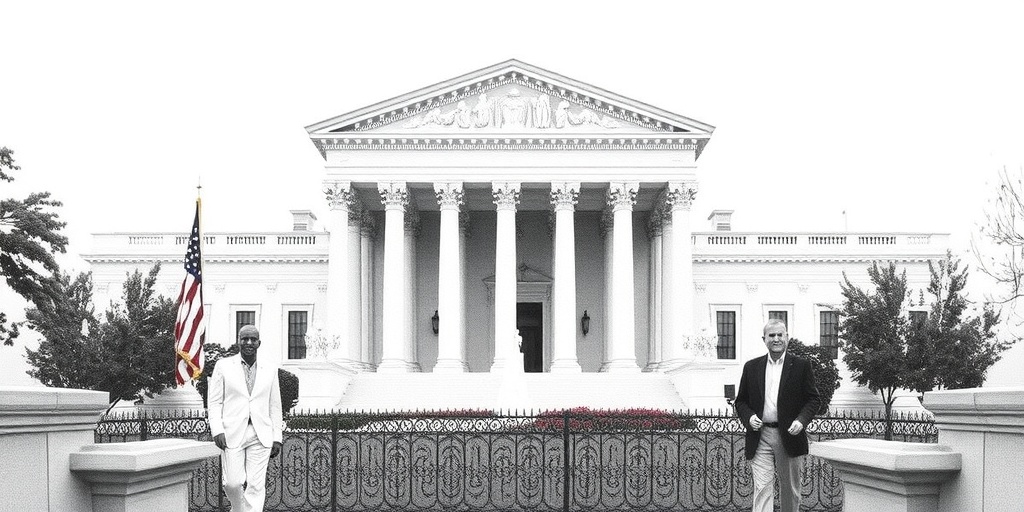
A federal judge in Washington, D.C., has indicated that there is a “fair likelihood” that the Trump administration violated a court order prohibiting the deportation of Venezuelan migrants to El Salvador under an antiquated wartime law. Judge James E. Boasberg, presiding over the case in Federal District Court, announced during a recent hearing that he is likely to delay his ruling on whether the White House is in contempt of court until the following week. This decision comes after a contentious session during which the judge rigorously questioned a Justice Department attorney.
The hearing marked the latest development in an ongoing legal dispute between Judge Boasberg and the Trump administration, which has openly criticized him for allegedly overstepping his authority and infringing upon the executive branch’s ability to manage foreign affairs. Just weeks earlier, former President Donald Trump had called for Judge Boasberg’s impeachment, asserting that the judge’s actions were inappropriate. Several top officials within the Trump administration, including Attorney General Pam Bondi, expressed similar sentiments in public statements, claiming that the judge was behaving “out of control.”
During the Thursday hearing, Judge Boasberg, who has a background as a homicide prosecutor, took on a serious and probing demeanor as he questioned Justice Department lawyer Drew Ensign. The judge aimed to ascertain whether the administration had expedited the transportation of Venezuelan migrants onto planes and hurried them to El Salvador on March 15, in violation of his earlier order halting the deportations. In addition to this, Judge Boasberg pressed Mr. Ensign on who in the administration knew about the court order at the time it was issued, and whether anyone had given instructions for the planes carrying the migrants not to return.
Under intense scrutiny, Mr. Ensign struggled to provide clear answers, often stating that he either did not have the information or claimed that it was protected by attorney-client privilege. Judge Boasberg has pledged to investigate the matter thoroughly and indicated that further proceedings could take place if necessary or that he might require testimony from relevant officials involved in the situation.
This case raises significant legal questions, particularly regarding whether the administration properly invoked the 18th-century Alien Enemies Act, which allows deportations during times of declared war or against individuals from a “hostile nation.” Approximately 100 Venezuelans, some allegedly affiliated with a violent gang known as Tren de Aragua, were deported to El Salvador under this law. However, Judge Boasberg has previously articulated skepticism about the administration’s lawful application of this statute.
The dispute over the Trump administration’s compliance with the court order holds potential ramifications for the balance of power between the judicial and executive branches of government. If Judge Boasberg ultimately concludes that the administration did indeed violate his order, he will face the challenge of determining an appropriate course of action regarding any possible contempt charges.
During the hearing, Judge Boasberg directed pointed questions at Mr. Ensign regarding who might have made decisions regarding the deportation flights. Under pressure, Mr. Ensign admitted that after the judge had initially issued the order to halt the flights, he had communicated with officials at both the State Department and the Department of Homeland Security. However, he could not recall whether he had informed any high-ranking officials at the Justice Department, adding to Judge Boasberg’s frustrations.
“Who made the decision to not bring the planes back?” the judge inquired sharply. Mr. Ensign’s response was vague at best, indicating a lack of clarity on operational details. This led to Justice Department lawyers repeatedly resisting Judge Boasberg’s attempts to investigate what relevant parties knew about the court order and when they were made aware.
The insistence by the Justice Department to invoke the rarely used state secrets privilege further complicated the proceedings, as it claimed that disclosing details about the deportations could jeopardize national security. Judge Boasberg challenged this assertion, questioning whether information related to the flights should genuinely be considered a state secret. Eventually, Mr. Ensign conceded that the data surrounding the flights was unclassified, creating further tension regarding the government’s position.
As the hearing drew to a close, it remains unclear what the next steps will be. Judge Boasberg’s determination to investigate the administration’s actions signifies a potentially significant confrontation between the judiciary and the executive branch, while legal experts closely follow the evolving narrative and its implications for presidential powers and judicial authority in the United States.
Stay Informed With the Latest & Most Important News
Previous Post
Next Post
-
 01New technology breakthrough has everyone talking right now
01New technology breakthrough has everyone talking right now -
 02Unbelievable life hack everyone needs to try today
02Unbelievable life hack everyone needs to try today -
 03Fascinating discovery found buried deep beneath the ocean
03Fascinating discovery found buried deep beneath the ocean -
 04Man invents genius device that solves everyday problems
04Man invents genius device that solves everyday problems -
 05Shocking discovery that changes what we know forever
05Shocking discovery that changes what we know forever -
 06Internet goes wild over celebrity’s unexpected fashion choice
06Internet goes wild over celebrity’s unexpected fashion choice -
 07Rare animal sighting stuns scientists and wildlife lovers
07Rare animal sighting stuns scientists and wildlife lovers













